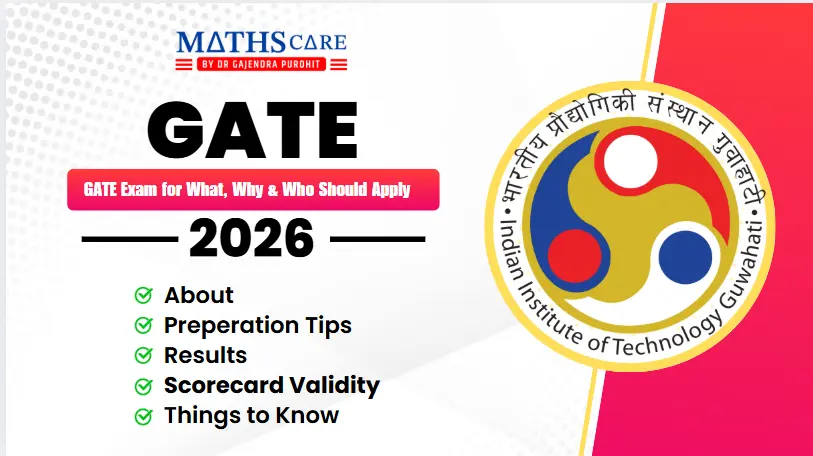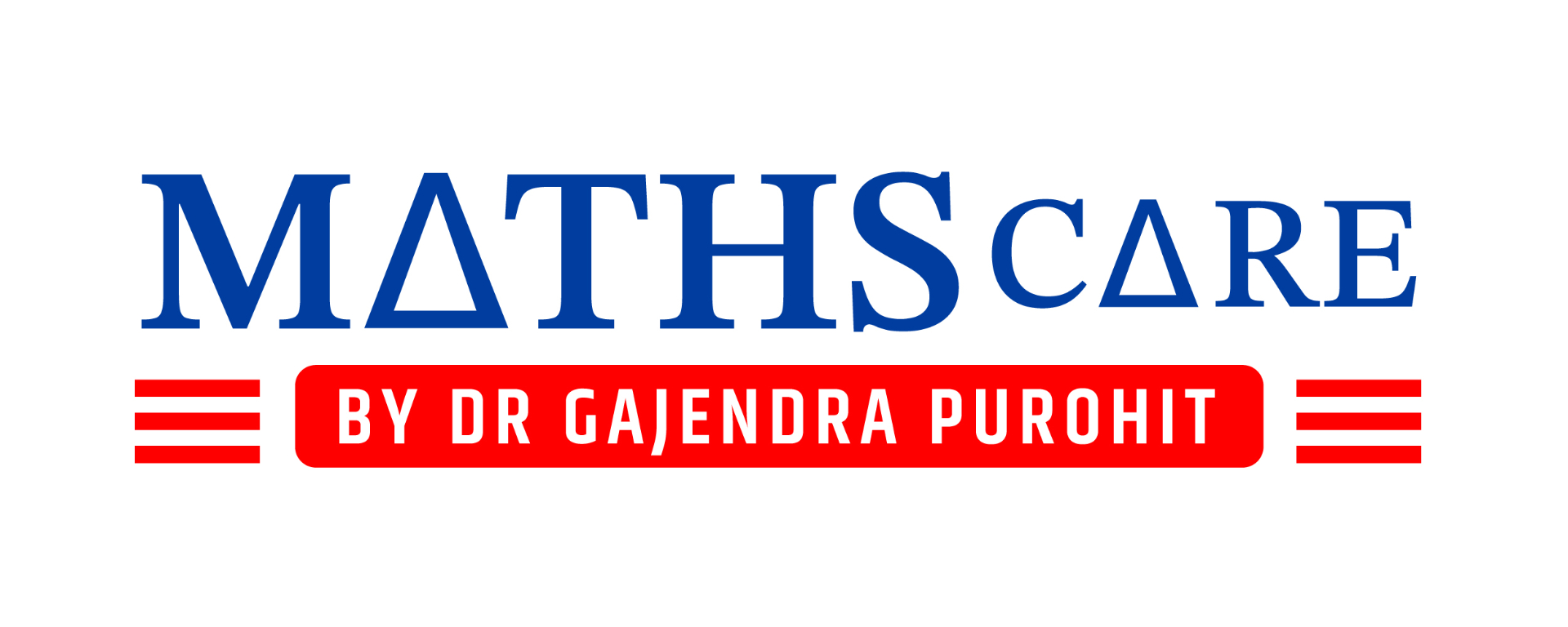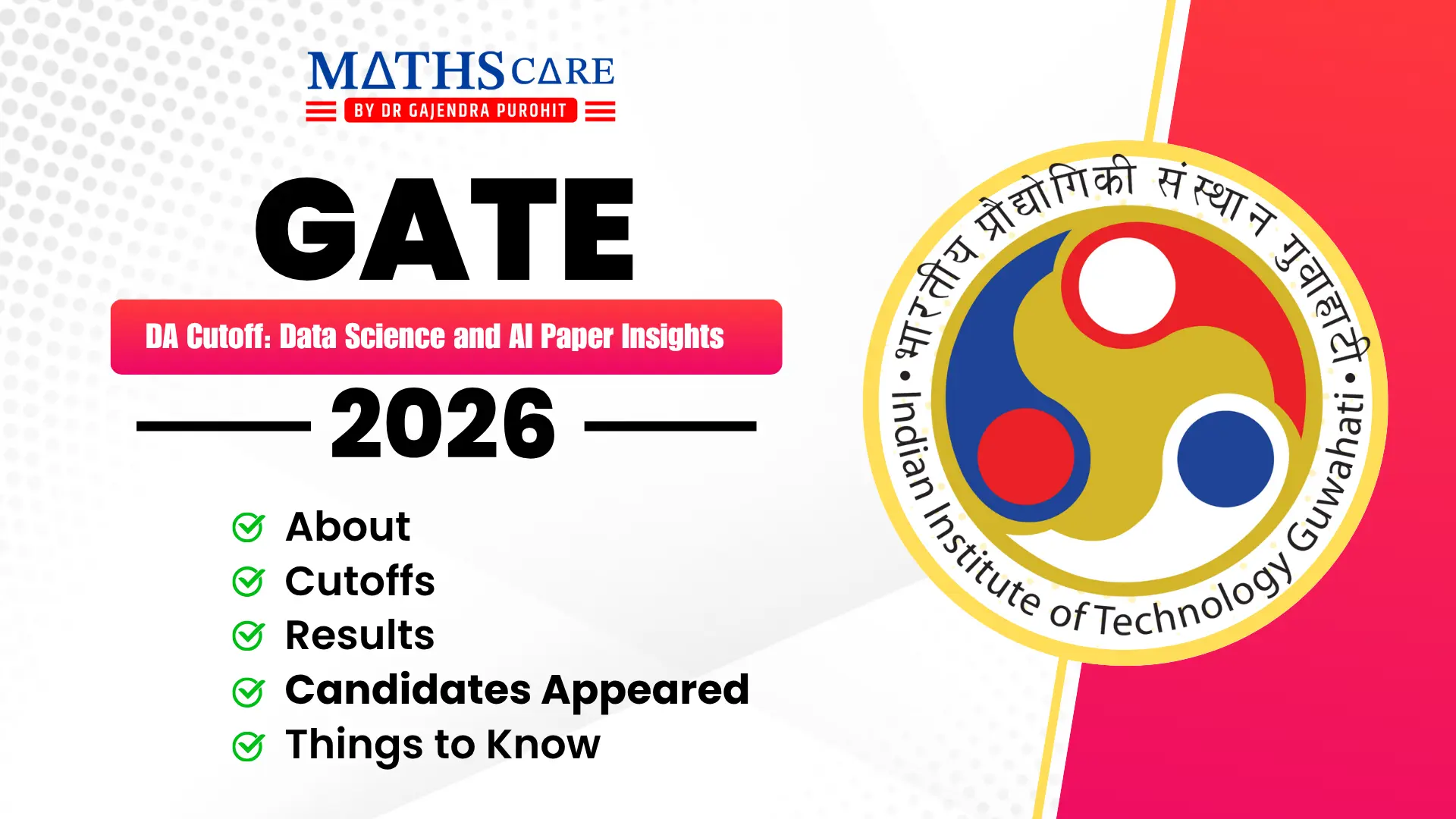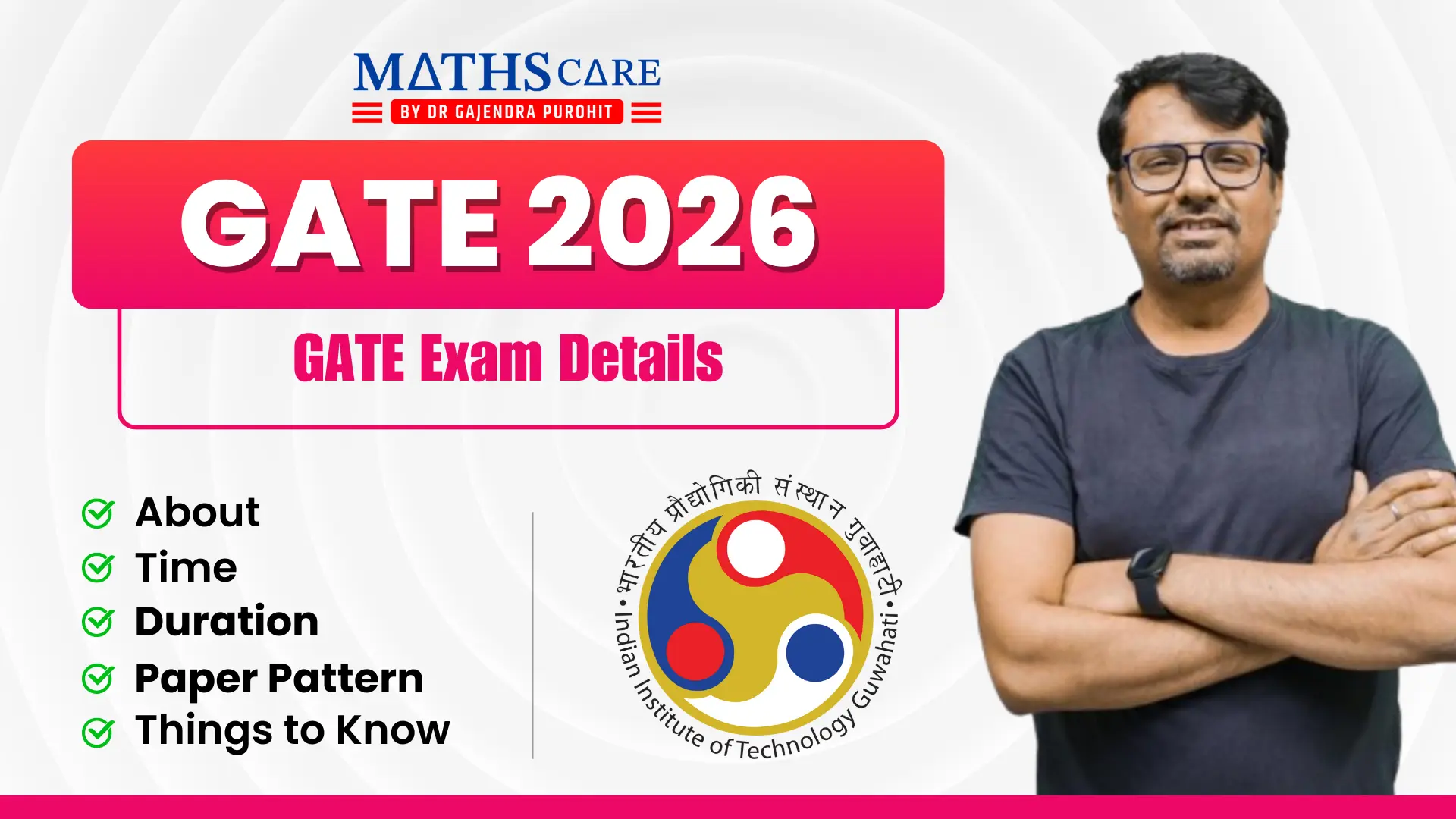GATE 2026 Overview: GATE Exam for What, Why & Who Should Apply
GATE (Graduate Aptitude Test in Engineering): The Graduate Aptitude Test in Engineering (GATE) is more than just an entrance exam—it’s a nationally recognized benchmark of technical and analytical aptitude. Designed to evaluate the comprehensive understanding of core subjects across engineering, technology, science, architecture, and humanities, GATE plays a pivotal role in shaping the careers of thousands of students and professionals each year. Whether you’re aiming for a master’s degree at a top-tier institution, considering a shift in your professional path, or aspiring to join India’s prestigious public sector units, GATE 2026 presents a critical opportunity. With IIT Guwahati as the organizing institute this year, candidates can expect a concept-driven and research-oriented exam that reflects the institute’s academic rigour. This blog explores the purpose of the GATE exam, its far-reaching benefits, and who exactly should consider appearing for GATE 2026.

What is GATE?
GATE (Graduate Aptitude Test in Engineering) is a national-level competitive exam jointly conducted by the Indian Institute of Science (IISc) and seven Indian Institutes of Technology (IITs)—namely IIT Bombay, Delhi, Guwahati, Kanpur, Kharagpur, Madras, and Roorkee. The exam is administered on behalf of the National Coordination Board (NCB) of the Ministry of Education.
GATE evaluates the candidate’s grasp of core undergraduate subjects in their respective domains through a computer-based format. It covers a wide spectrum of disciplines—from conventional engineering fields like Electrical, Mechanical, and Civil Engineering to newer, interdisciplinary papers such as Data Science, Environmental Science, and Humanities (XH). The test is conducted once annually, usually in February, and the scores remain valid for three years.
Why GATE Matters
GATE is not merely a test of academic knowledge—it serves as a launchpad for higher education, competitive employment, and long-term career growth. Here’s a detailed look at why GATE is so important:
Postgraduate Admissions: Top institutes like the IITs, IISc, NITs, and IIITs rely on GATE scores for M.Tech, M.E., MS (Research), and direct Ph.D. admissions. Many of these programs include stipends funded by the Ministry of Education, making higher education both prestigious and affordable.
Public Sector Jobs: Over 50 PSUs including IOCL, BHEL, NTPC, HPCL, and ONGC recruit graduate engineers based on GATE scores. These jobs are highly sought after due to job security, attractive salaries, and strong work-life balance.
International Recognition: Several reputed universities in Germany (e.g., RWTH Aachen, TU Munich) and Singapore (e.g., NUS) accept GATE scores for master’s degree admissions. This expands the scope of GATE beyond India’s borders.
Research Opportunities: GATE-qualified candidates are eligible for Junior Research Fellowships (JRFs) and other funded research positions offered by DRDO, CSIR, ISRO, and DST-sponsored programs.
Career Mobility: GATE acts as a second chance for those who want to switch domains, transition into academia, or resume education after a gap. It’s an exam that values merit and determination over age or previous marks.
GATE 2026 Paper Options and Combinations
GATE 2026 will offer 30 subject papers, covering a wide academic range. Candidates can choose to appear in one or two papers, provided the combination is allowed by the organizing committee. This two-paper option is particularly useful for those with interdisciplinary interests or aspirations.
Popular paper combinations include:
CS + MA (for aspirants of data science and machine learning)
ME + XE (for those targeting general engineering posts in PSUs)
PH + CY (for research-oriented science candidates)
XH + ST (for social science graduates aiming for quantitative research)
Each paper consists of 65 questions (100 marks total), with three types of questions—MCQs, MSQs, and NATs. The exam duration is three hours, and all papers are conducted in English.
Career Benefits After GATE
Clearing GATE with a strong score leads to a spectrum of high-impact outcomes:
Financial Support: GATE-qualified students receive scholarships of INR 12,400/month for M.Tech and equivalent programs. Ph.D. candidates often receive stipends under various fellowships.
Campus Placements: Many IITs and NITs offer on-campus placements post-M.Tech, with packages rivaling those of B.Tech grads.
Academic Careers: A GATE score is often required or preferred for teaching positions at engineering colleges and polytechnics.
Research Entry: Direct entry into research labs and doctoral programs is possible, especially with papers in Mathematics, Physics, and interdisciplinary sciences.
Resume Booster: A good GATE rank reflects strong technical ability, making your resume stand out in private-sector interviews, particularly in analytics and R&D domains.
What After GATE Result 2025?
The declaration of the GATE 2025 results marks the beginning of a new phase. Qualified candidates can now proceed to apply for:
M.Tech, M.E., and Ph.D. programs: Apply via COAP (Common Offer Acceptance Portal) for IITs or CCMT (Centralized Counseling for M.Tech/M.Arch/M.Plan) for NITs and other institutes.
PSU Recruitment: Keep track of official PSU portals like IOCL, BHEL, NTPC, and ONGC for job openings that use GATE scores.
Junior Research Fellowships (JRFs): GATE scores are accepted by organizations such as CSIR, DST, and DRDO for research positions.
International Programs: A few universities in Germany and Singapore recognize GATE scores for graduate studies.
Be sure to meet all application deadlines and provide necessary documentation, including your GATE scorecard, valid photo ID, academic transcripts, and category certificates where applicable.
Score Validity and Reattempts
The GATE 2025 score remains valid for three years from the date of result declaration, which means candidates can apply for admissions and jobs until March 2028 using their current score. If you believe your performance could improve with more preparation, you are free to reattempt GATE in the following year.
There are no restrictions on the number of attempts or age limits for GATE, making it highly accessible for aspirants who may wish to build a stronger profile before applying. However, make sure to plan future attempts with a focused strategy, taking into account your strengths, weak areas, and previous experience with the paper pattern.
Additional Notes on Preparation and Mock Testing
To make the most of your GATE 2026 exam time, aspirants are advised to take full-length mock tests in real-time conditions. Simulating the 3-hour experience not only helps improve stamina and focus but also trains your mind to manage time between sections effectively. A common issue among aspirants is misallocation of time—spending too long on tough questions early in the paper, which results in rushed attempts later. Practicing with a timer and reviewing your test performance regularly will significantly improve your strategy.
Familiarity with the interface also contributes to confidence. Make sure to complete the official mock test released by the organizing institute in January. It mimics the actual exam window and helps you get used to the virtual calculator, question palette, and the process of flagging questions for review.
Conclusion
GATE 2026 stands as a beacon of opportunity for aspirants across disciplines and career stages. It’s an exam that doesn’t just test what you’ve learned—it shapes what you’ll become. Whether your goal is to pursue higher education, transition into research, gain PSU employment, or simply prove your academic mettle, GATE is the structured, merit-driven platform to launch from.
GATE FAQS
Admit cards will be available for download in January 2025.
GATE scores are valid for three years from the date of result announcement.
Yes, but only during the correction window, and you may need to provide supporting documents.
Upload the side of your ID showing your photo, name, date of birth, and ID number.
Yes, but you must upload an affidavit with your photo ID.
BEST OFFERING COURSES FOR YOU
BEST BOOKS FOR IIT JAM/ CSIR-NET
BUY BOOKS ON OUR APP
RECENT POSTS











